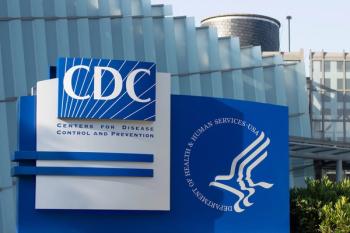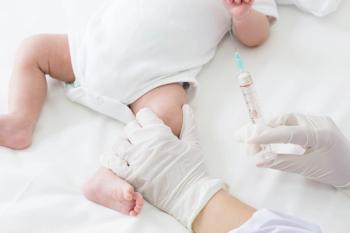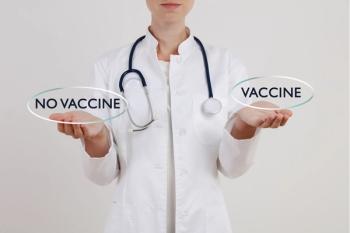
Two-year efficacy noted in one Ebola vaccine
There are many vaccines in development to fight Ebola, but few have been shown to have longevity-until now.
A number of vaccines have been developed to fight the Ebola virus since an outbreak from 2013 to 2016 in western Africa, but stakeholders have worried about their longevity.
Now, a new study shows that at least one of the vaccines can offer up to two years of protection.
The study, published in
In this study on the rVSV vaccine, researchers found that of the 217 individuals originally vaccinated, 197 returned for testing at one year and 90 at two years. In one of the vaccination groups, all of the original participants who had been vaccinated with a high dose of the vaccine remained seropositive at two years, compared to 89% of those vaccinated with a low-dose version.
Antibody responses to single-dose vaccination were the same across dose ranges, according to the study, an important factor in areas where booster vaccines are impractical.
Claire-Anne Siegrist, C-A, a professor of Vaccinology and Pediatrics at the University of Geneva, director of the Center of Vaccinology of the University Hospitals of Geneva, director of the Center for Vaccinology and the Pediatric Department of the University of Geneva, head of the WHO Collaborating Center for Vaccine Immunology, and co-author of the report, says the vaccine is currently being investigated as a tool for outbreak control and for first-line field workers during an outbreak.
Currently, the vaccine is only approved for clinical trials, Siegrist said, but she hopes the data will open the door for additional approvals.
“What is needed for this to be efficient is the vaccine to be eventually licensed. Currently, it may be used but in a clinical trial requiring lots of paperwork that prevent its effective use,” she said.
Siegrist said the vaccine is also the only one that has demonstrated immediate effect.
“This is the only vaccine with demonstrated short-term-three weeks-efficacy,” she said. “It is expected to protect through the induction of antibodies, and we show that these antibodies are long-lasting.”
More testing is still needed to determine the safety and efficacy in children and during pregnancy, Siegrist said.
Siegrist said she hopes this latest report will help public decision makers develop policies on when and how to use the vaccine.
Newsletter
Stay informed and empowered with Medical Economics enewsletter, delivering expert insights, financial strategies, practice management tips and technology trends — tailored for today’s physicians.






